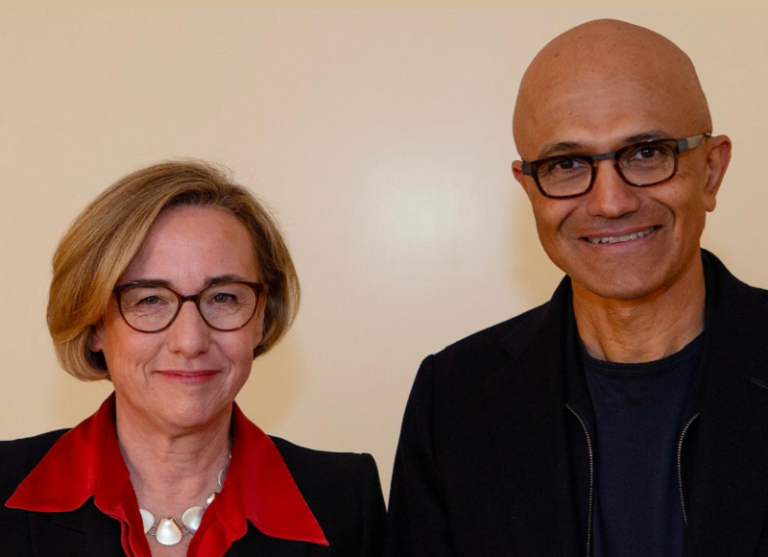Telecom operator Vodafone and Microsoft have announced a 10-year partnership. The two parties will collaborate on various AI solutions to support customer service, digital payment solutions and IoT applications.
The activities of the 10-year partnership between Vodafone and Microsoft will focus mainly on consumers, public institutions and businesses in the EMEA region.
Specifically, the collaboration should transform Vodafone’s current customer service offering. The collaboration should also help further expand its managed IoT connectivity platform. Other goals include new digital and financial services for SMEs and a revamp of Vodafone’s cloud strategy.
Generative AI, IoT and fintech
To optimize customer service, Vodafone will invest as much as $1.5 billion over the next 10 years in cloud-based AI solutions for customer service. These will be developed with Microsoft on OpenAI technology. Vodafone’s customer service agents will also eventually be able to use Micosoft Copilot in their daily operations.
In return, the tech giant will use the global operator’s mobile services.
In addition, Microsoft will invest an undisclosed amount in Vodafone’s existing IoT connectivity platform. This platform is expected to become an independent spin-off from the telecom operator by April 2024.
Another part of the collaboration is to develop new digital and financial services. Specifically, Microsoft is going to help scale up the African fintech platform M-Pesa. It hopes to accomplish this by, among other things, hosting this platform on Azure and helping to launch new cloud-based applications for this platform.
Other collaboration points
Furthermore, the collaboration includes the ability for Vodafone to distribute Microsoft services to users. One example is Azure, as well as security solutions and productivity applications such as Microsoft Teams Phone Mobile. This fits into Microsoft’s strategy to become the leading business platform within Europe.
Finally, within the 10-year partnership, both parties will tackle Vodafone’s cloud and data center infrastructure. This involves a transformation to the public cloud environment of Azure.
More specifically, this involves converting Vodafone’s current physical data centers in Europe to cloud-based environments. This is being done to save IT costs across the board, including by leading to energy costs. In this way, the company also hopes to meet sustainability goals.
Also read: Google and European telecom providers want Apple’s iMessage included in DMA
